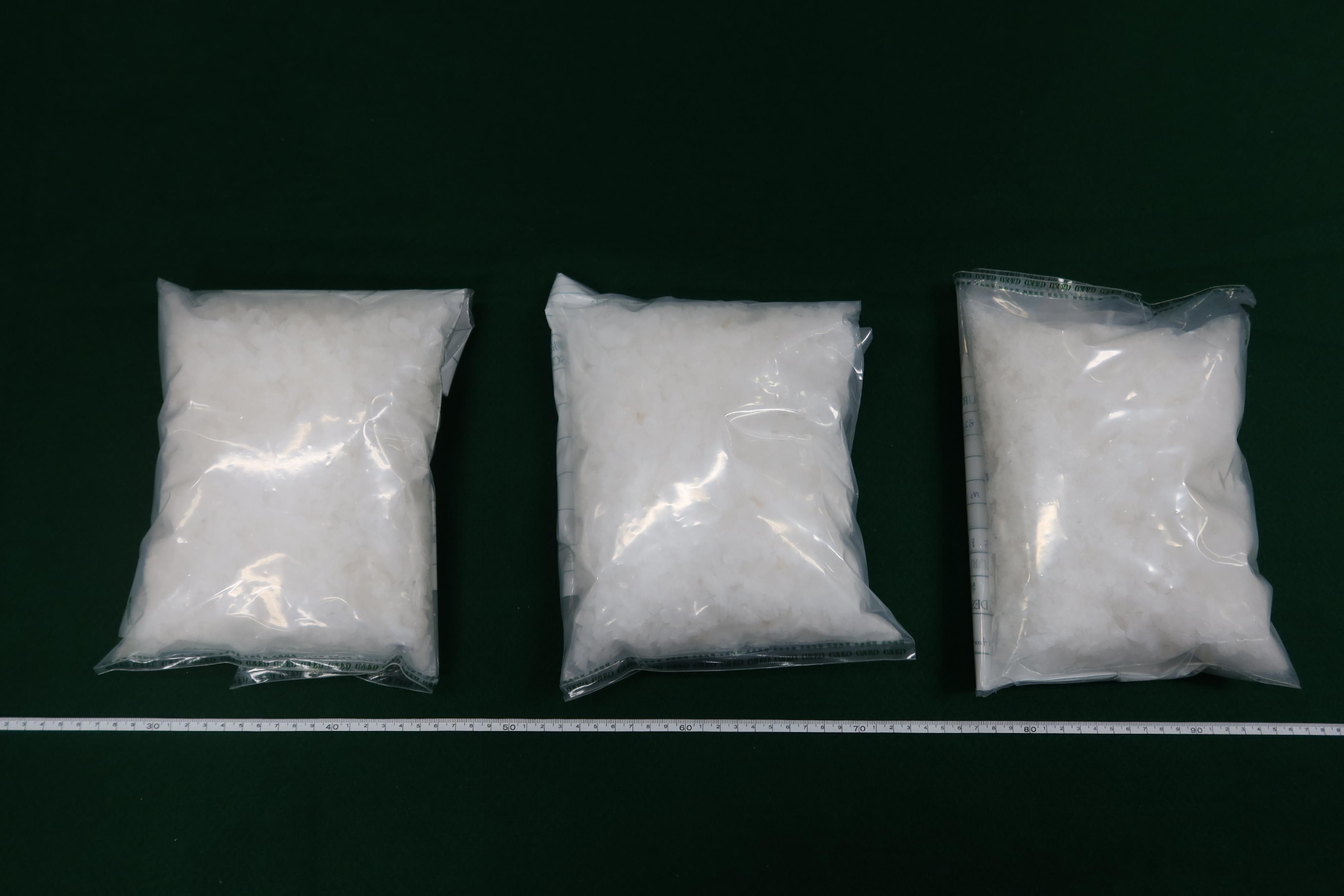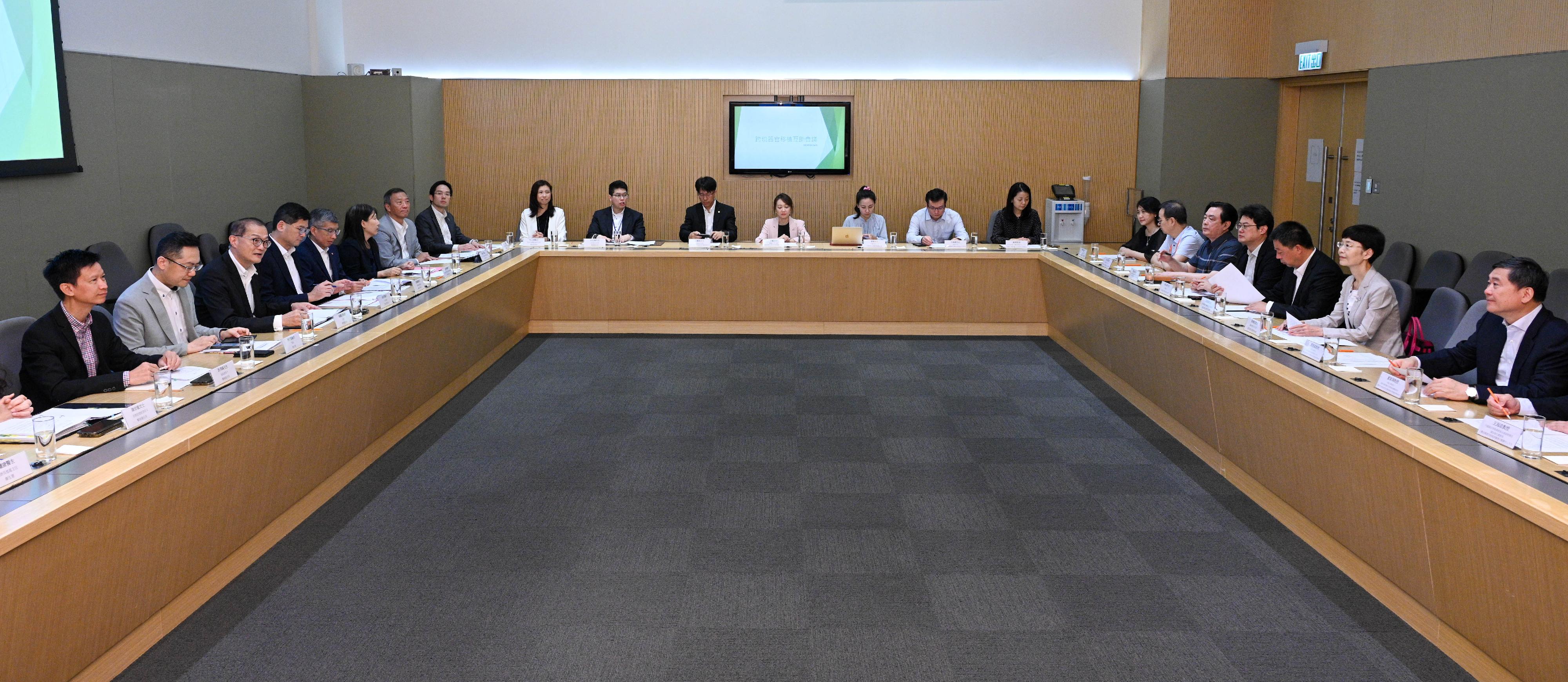S for S to visit Vietnam and Singapore
The Secretary for Security, Mr Tang Ping-keung, will depart tomorrow (August 27) for Hanoi, Vietnam and Singapore. He will return to Hong Kong on the evening of August 31.
In Vietnam, Mr Tang will call on the Ministry of Public Security (MPS), during which Hong Kong and Vietnam’s Immigration Departments will sign a Memorandum of Understanding on enhancing operational co-operation and experience exchanges in respect of immigration matters. Mr Tang will also meet with representatives of the Department of External Security, the Department of Homeland Security and the Department of Foreign Relations under the MPS.
While in Singapore, he will call on the Ministry of Home Affairs (MHA), the Ministry of Manpower and agencies under the MHA’s purview including the Singapore Police Force, the Internal Security Department as well as the Prison Service. He will visit the National Security Coordination Secretariat and the Cyber Security Agency of Singapore, and Interpol in Singapore. He will meet with the Hong Kong communities in the two places as well.
The Director of Immigration, Mr Au Ka-wang, will accompany Mr Tang’s visit to Vietnam, and the Commissioner of Correctional Services, Mr Wong Kwok-hing, will join part of the visit to Singapore.
During Mr Tang’s absence, the Under Secretary for Security, Mr Michael Cheuk, will be the Acting Secretary for Security. read more



